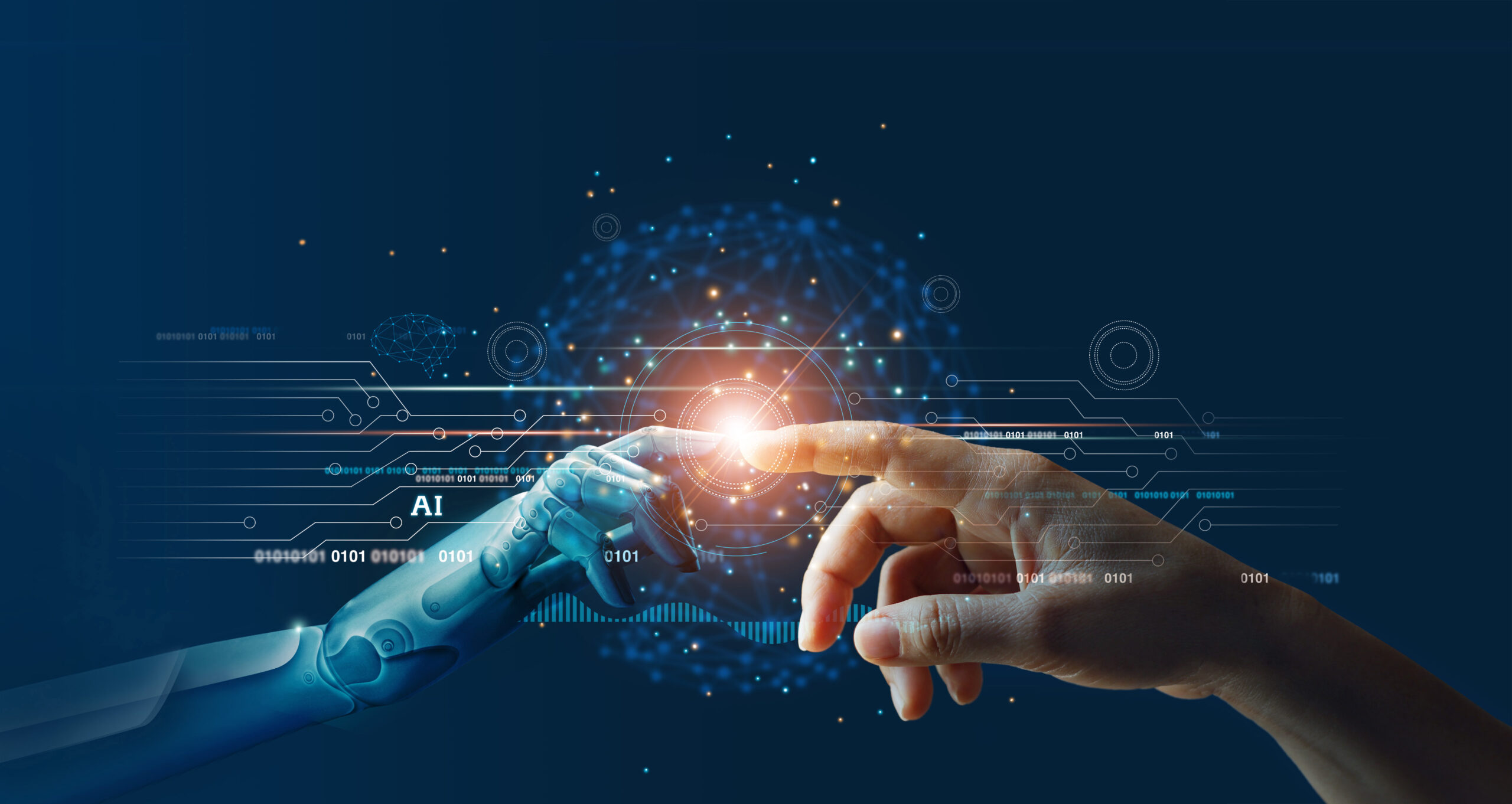Welcome to Our Research Archive
Search and filter by content type, issue area, author, and keyword
- ✕ Clear Filter
- Angela Rachidi (7)
- Beth Akers (8)
- Brent Orrell (38)
- Bruce D. Meyer (2)
- Daniel A. Cox (6)
- Edward J. Pinto (11)
- Edward L. Glaeser (2)
- Frederick M. Hess (33)
- Howard Husock (74)
- Ian Rowe (5)
- James Pethokoukis (1)
- Kevin Corinth (10)
- Kyle Pomerleau (2)
- Leslie Ford (3)
- Mark Schneider (1)
- Matt Weidinger (33)
- Matthew Continetti (1)
- Max Eden (1)
- Michael Brickman (1)
- Michael Pugh (2)
- Michael R. Strain (20)
- Naomi E. Feldman (1)
- Naomi Schaefer Riley (56)
- Nat Malkus (2)
- Paul Ryan (1)
- Preston Cooper (11)
- R. Glenn Hubbard (2)
- Ramesh Ponnuru (2)
- Robert Cherry (5)
- Robert Doar (1)
- Robert Pondiscio (8)
- Ross Douthat (2)
- Ryan Streeter (1)
- Sally Satel (1)
- Samuel J. Abrams (1)
- Scott Winship (17)
- Stan Veuger (2)
- Timothy P. Carney (14)
- Tobias Peter (12)
- W. Bradford Wilcox (61)
- Yuval Levin (4)

November 22, 2024
A Side Effect of the Booming Job Market: Wage Inequality Is Way Down
Lessons of the post-COVID economy. When voters tell you what they are concerned about, believe them. Exit polls from the presidential election the show that the economy ranked first among voters’ concerns at 32 percent, almost three times more than the next closest issue, immigration. A plurality of voters—45 percent—said that their financial situation was worse than…

October 8, 2024
The Longshoremen Are Making the Wrong Demands
They shouldn’t be trying to block automation. They should be trying adapt to it. The International Longshoremen’s Association ended a three-day strike last Thursday after reaching a deal with a consortium of port operators for a large wage increase for the the 47,000 dockworkers, phased in over the next few years. The deal gives both…

June 6, 2024
How New Graduates Can Thrive in a Workplace Dominated by AI
Dwight Eisenhower’s advice about plans and planning is still relevant today On June 6, the world will mark the 80th anniversary of the D-Day landings and the 40th anniversary of Ronald Reagan’s 1984 “the Boys of Pont du Hoc” speech honoring those who helped turn back the Nazi threat on the beaches of Normandy. We are now as far from Reagan’s speech as the speech was…

April 11, 2024
What a New Report on 10 years of AI Research Reveals
‘Lifelong learning’ is not just a buzzword. It’s a necessity as artificial intelligence changes the workplace As artificial intelligence advances, the landscape of work may be undergoing a seismic shift. The economic potential of this emerging technology is staggering; many predict that it will be a transformative force on par with innovations like the steam engine, electricity or the transistor. To paraphrase Bette Davis in “All About Eve,” “Fasten…

March 19, 2024
Conservatives Distrust Higher Ed—But Still Need Degrees
Ideological opposition to “woke” colleges and universities could harm conservatives and rural communities. American’s faith in our colleges and universities has seen a marked decline in recent years, with the percentage of adults who say they have “a great deal” or “quite a lot” of confidence in the institutions of higher education plunging from 57 percent to…

March 6, 2024
College or Trade School? How About Both?
For too long, our debates on post-secondary education have taken a binary form: either “college for everyone” or “learn a trade.” But in an era when career trajectories are no longer linear, and when technology is rapidly and unpredictably evolving, the ability to adapt and acquire new skills is essential. What we need instead is a…

February 23, 2024
Study What You Love or Study What Will Make You Money?
There’s a better way to think about—and talk to young people about—college. When it comes to education, adolescents and young adults face a dilemma: to follow their intrinsic interests or to choose a course of study they think (or have been told) will secure their economic futures. For most, to ask this question is to…

February 20, 2024
The New Right’s Attack on Markets Is as Ignorant as the Old Left’s
In The Next American Economy (2022), Samuel Gregg provides a refreshing defense of free markets, emphasizing the need to frame the case for economic liberty within a broader narrative about America’s values and identity. We need this book to help reframe the disagreement over trade protectionism and industrial policy. Gregg opens by examining the alignment between former…

February 20, 2024
Planning a Career in the Age of AI
After decades of industrial robots, factory layoffs, and outsourcing, automation has finally arrived in the cubicle. A recent Wall Street Journal article spotlighted how the new “robots for the mind”—the complex algorithms and language models of generative AI—are creating rising uncertainty in the professional class. In the past, automation has generally been more of a concern for blue-collar workers, especially those in the…

January 31, 2024
Perspective: The ‘social workplace’ and why it matters to Zoomers
Social connections are increasingly as important as pay to younger workers. A mission-led workplace can help In his 1759 book “The Theory of Moral Sentiments,” Adam Smith observed that human sociality is the taproot of economics. The instinct to “truck, barter and exchange,” Smith argued, arises out of our need for others and is the…